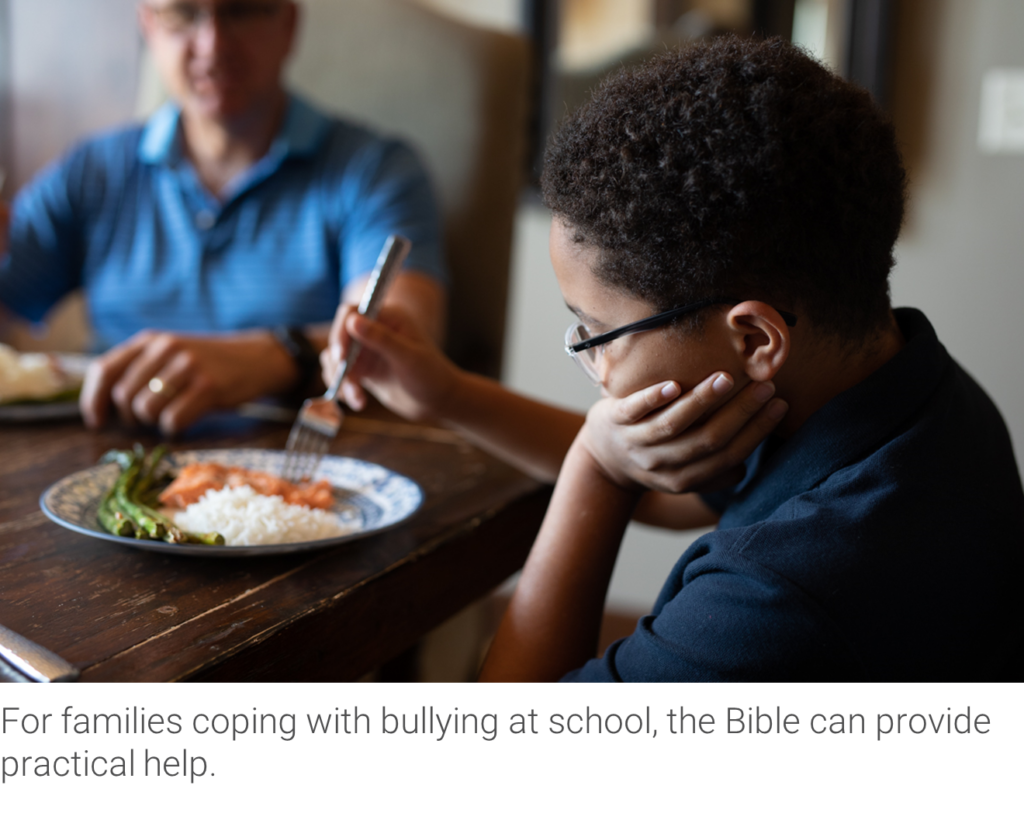Some of Maddy Sturman’s fondest childhood memories are painted with the colors and landscapes of her home on a Navajo reservation.

She spent long days playing outside with her cousins, surrounded by the rocky canyons and vast mountainsides of northern New Mexico. On Saturdays her family explored a nearby flea market where local artists sold their wares, including traditional jewelry, pottery and paintings.
“Navajo is a very tight-knit, family culture,” said Sturman, now a resident of Sun Prairie, Wisconsin. “Life is simpler.”
Although the culture and traditions remain very much alive, Navajo is one of many Indigenous languages considered endangered.
“I worry it could die out because a lot of the older people speak Navajo, but not the younger generations,” Sturman said.
Her worries are well-founded. According to UNESCO’s Atlas of the World’s Languages in Danger, the threat of extinction through a shift to the use of English is significant since “each year fewer and fewer Navajo children speak the language fluently.”
The linguistic loss could serve to compound the feeling of being “forgotten” that Sturman said she commonly observed among those living on a reservation.
But the most translated website in the world — jw.org, the official website of Jehovah’s Witnesses — has not overlooked Indigenous populations. It provides content in more than 1,065 languages, including Navajo, Blackfoot, Cherokee, Choctaw, Hopi and Central Alaskan Yupik.“
Translating Indigenous languages is a labor of love for all those involved and for our organization,” said Robert Hendriks, the U.S. spokesman for Jehovah’s Witnesses. “The work is challenging and time-consuming. But our goal isn’t to make a profit, it’s to provide the Bible’s comforting message clearly and accurately to as many people as possible.”

Sturman saw firsthand the powerful effect having Bible-based printed and video content available in Navajo had on her grandmother, who still lives on a reservation. “She would be brought to tears when she would see or hear it in her own language,” she said. “It resonates very differently.”
The time and energy expended to translate the Bible’s message into Navajo and other Indigenous languages has had a profound impact on Sturman, too. “It’s deepened my faith,” she said. “God really cares about every single person, even in the most tucked-away house or hogan on the reservation, and he wants all people to learn about him.”
For more information on the beliefs and activities, including translation efforts, of Jehovah’s Witnesses, visit jw.org.

